
25-Year-Old Groom Dies from Acute Liver Failure After Eating Chicken – Doctors Warn of One Critical Danger!
In a tragic and shocking event, a 25-year-old groom lost his life just days before his wedding due to acute liver failure—and the cause was something many of us eat daily: chicken. This heartbreaking case has not only devastated his family but has also raised concerns in the medical community and among the public. Doctors are now warning about a critical but often overlooked risk related to poultry consumption: bacterial and viral infections linked to undercooked or contaminated meat.
Reports indicate that the young man had been in good health, full of energy, and eagerly looking forward to the next chapter of his life. However, shortly after eating a meal that included chicken, he started to feel unwell. What began as mild stomach discomfort rapidly escalated to vomiting, fatigue, jaundice (yellowing of the skin), and confusion. He was rushed to the hospital, where doctors diagnosed him with acute liver failure, a rare but life-threatening condition that occurs when the liver loses its ability to function within a matter of days, or even hours.
Lab tests later indicated that the likely cause of his liver failure was a bacterial infection from either Campylobacter or Salmonella—common bacteria found in raw or undercooked poultry. In some rare instances, these bacteria can trigger a chain reaction in the body, leading to liver inflammation, systemic infection, and ultimately liver failure. For those with specific genetic vulnerabilities or those exposed to a high concentration of pathogens, this condition can be fatal in a very short time.
Doctors stress that although such extreme cases are rare, the risk is real—and preventable. Improper handling, storage, or cooking of chicken is a significant cause of foodborne illnesses worldwide. In this tragic incident, the chicken may have appeared well-cooked on the outside, but was likely undercooked inside, allowing harmful bacteria to survive and enter the bloodstream.
So, what should we learn from this tragedy?
First and foremost, always cook chicken thoroughly. Use a food thermometer to ensure the internal temperature reaches at least 75°C (165°F)—the point at which harmful bacteria are eliminated. Relying solely on color is not a reliable method, especially for thick cuts or grilled pieces that may brown on the outside but remain raw inside.
Secondly, never wash raw chicken, as doing so can spread bacteria to kitchen surfaces and other foods, increasing the risk of cross-contamination. Be sure to clean knives, cutting boards, and your hands immediately after handling raw poultry.
Another important point is to listen to your body. If you start feeling ill shortly after eating poultry—especially if symptoms worsen rapidly—seek medical attention immediately. Early detection of foodborne illnesses or liver dysfunction can mean the difference between life and death.
Doctors also caution people with pre-existing liver conditions, weakened immune systems, or chronic illnesses to exercise extra care when handling poultry and other high-risk foods. What might seem like a mild stomach upset to one person can quickly become a severe complication for someone more vulnerable.
In conclusion, the sudden death of a healthy, young groom from something as common as eating chicken serves as a sobering reminder: food safety is essential. While chicken is a widely consumed and nutritious source of protein, it can also be deadly if not properly prepared. The cost of neglect can be devastating—not just to one life, but to families and futures that are forever altered. Let this tragedy serve as both a warning and a wake-up call: handle your food with care—your life may depend on it.
News in the same category


8 Teas to Drink for a Healthier Body and Mind
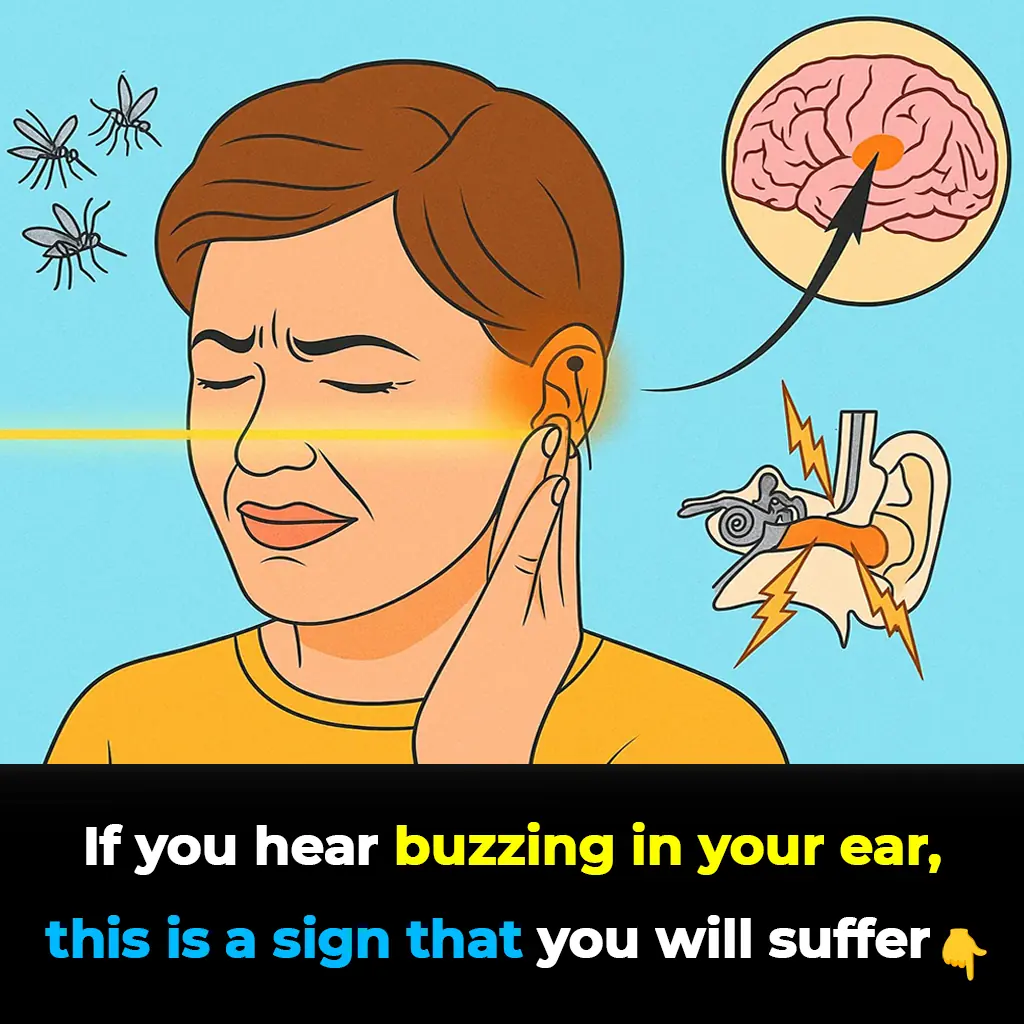
The Hidden Truth About Tinnitus: Why That Ringing in Your Ears Shouldn’t Be Ignored
Over time, repeated noise trauma damages tiny hair cells inside the cochlea, which cannot regenerate, resulting in permanent hearing changes and tinnitus.

DIY Turmeric & Ginger Shots to Fight Inflammation, Boost Immunity & Soothe Your Gut

Coconut water: Is It Good for You, Nutrition, Benefits, Side Effects (Science Based)

Clean Arteries: 10 Foods to Eat Daily
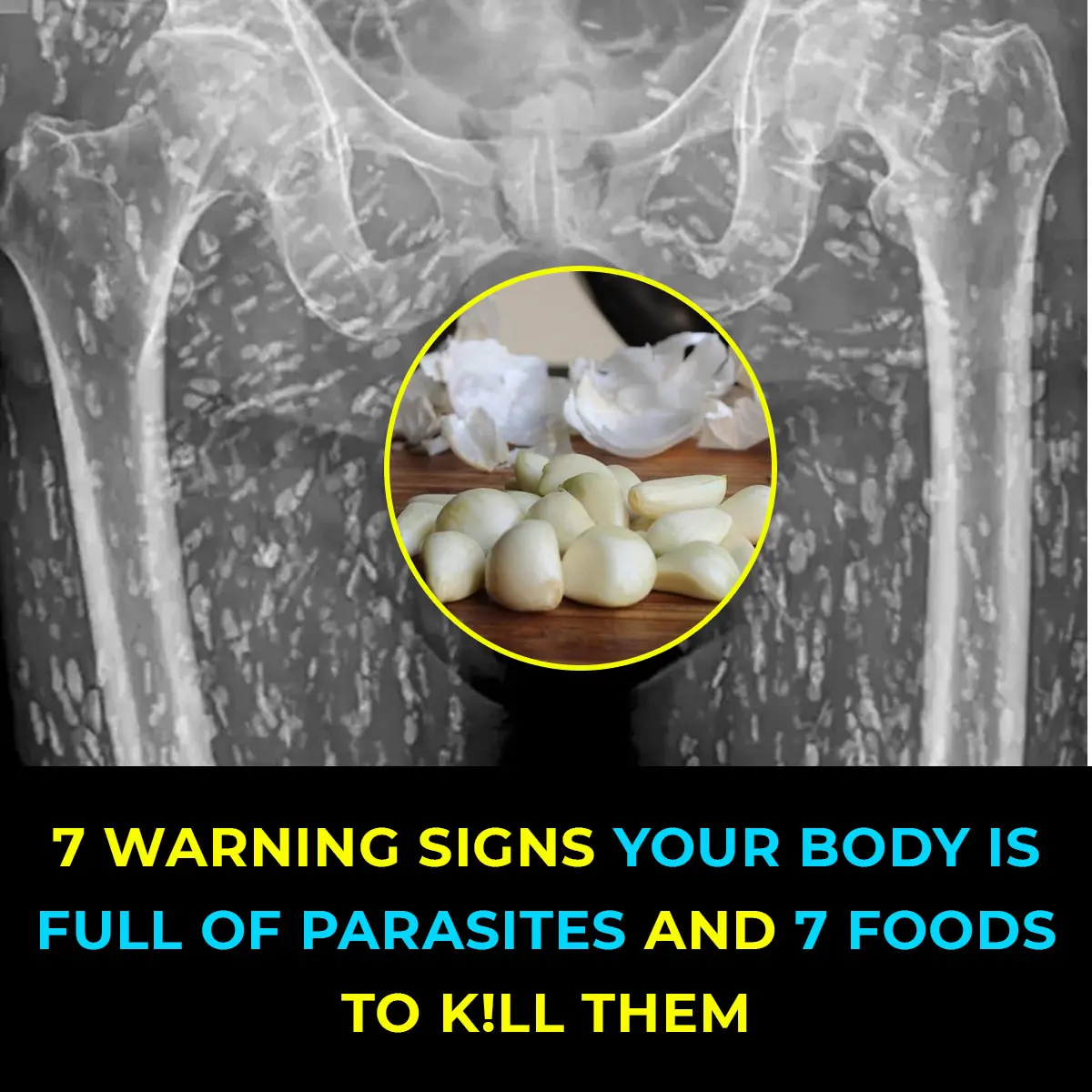
10 Warning Signs of Parasites in Your Body

Diet and Uric Acid: Foods to Avoid for Gout Prevention
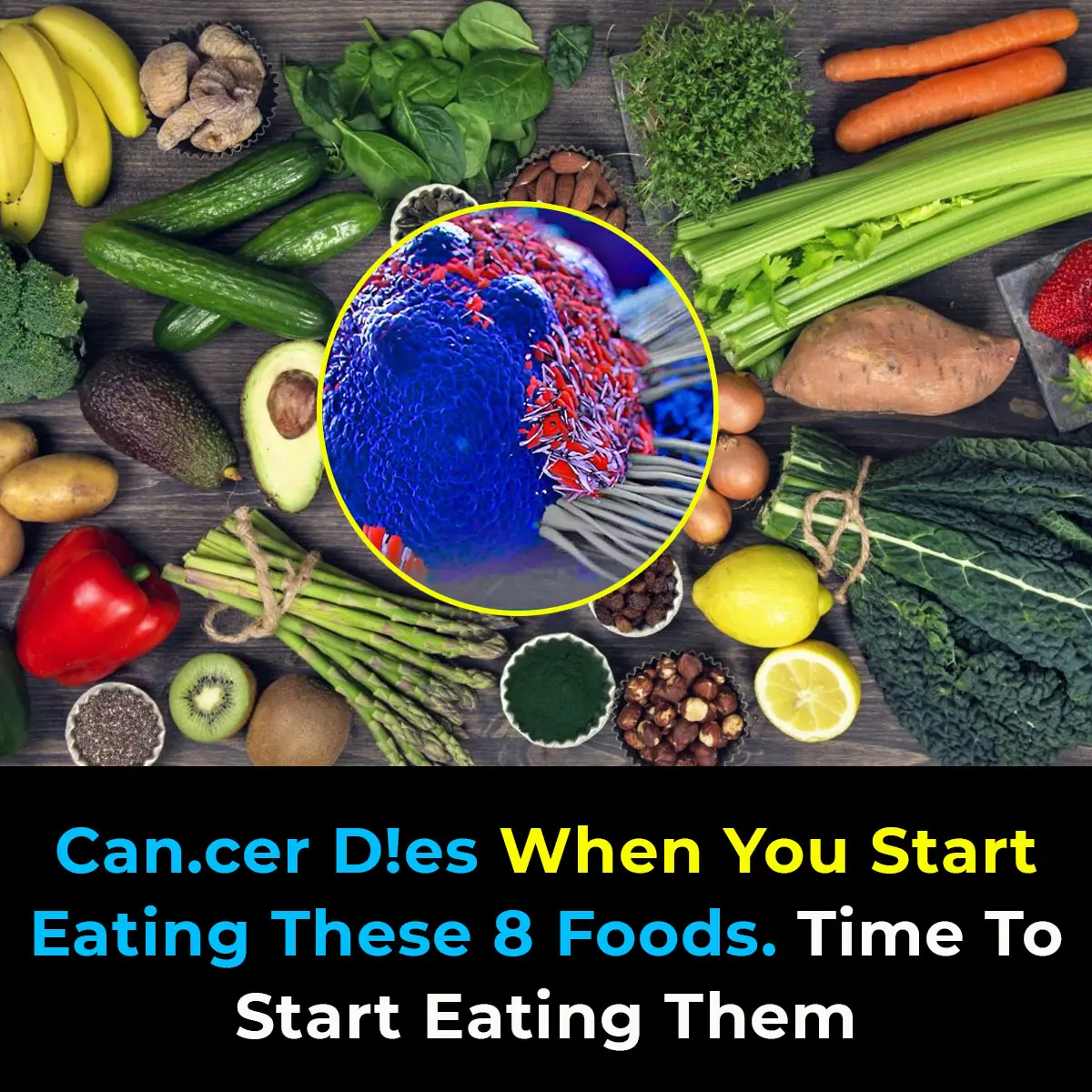
8 Foods That Help Eliminate Cancer Cells

Natural Remedies to Address Skin Tags, Warts, and Blackheads
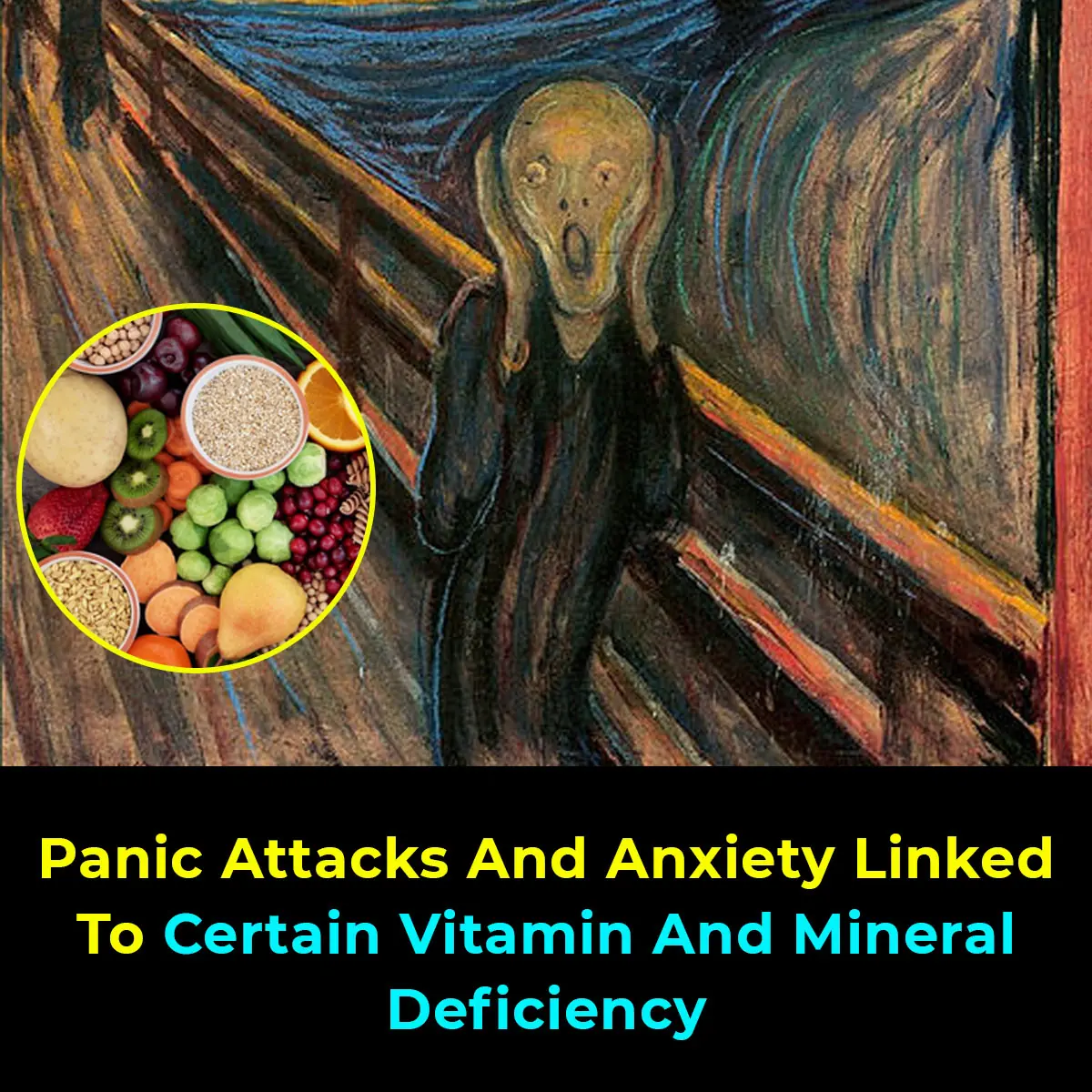
The Deficiency of These Vitamins Contributes to Panic Attacks
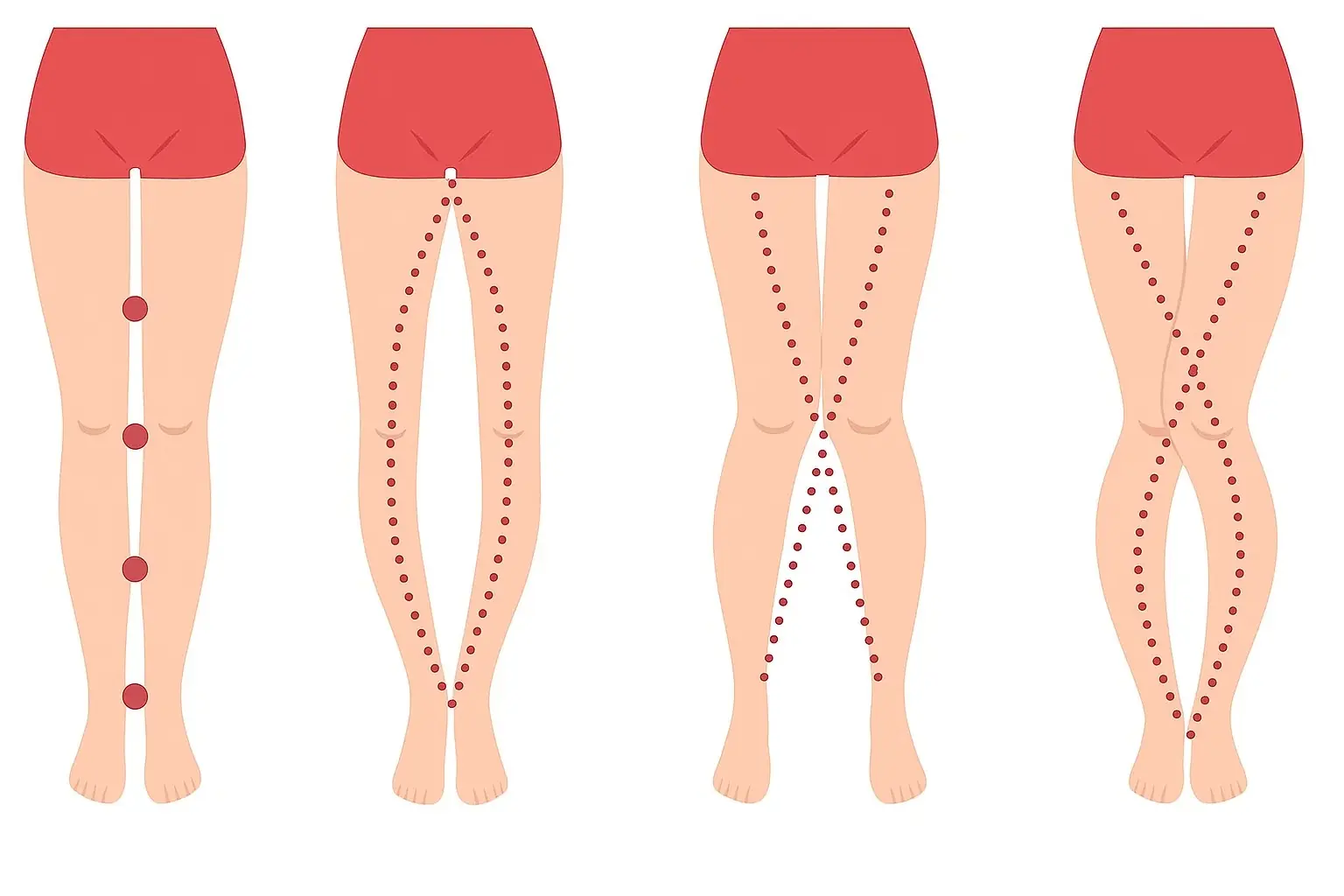
What Your Legs Can’t Say, Your Vagina Can — The Truth About the Female Body Most People Don’t Know
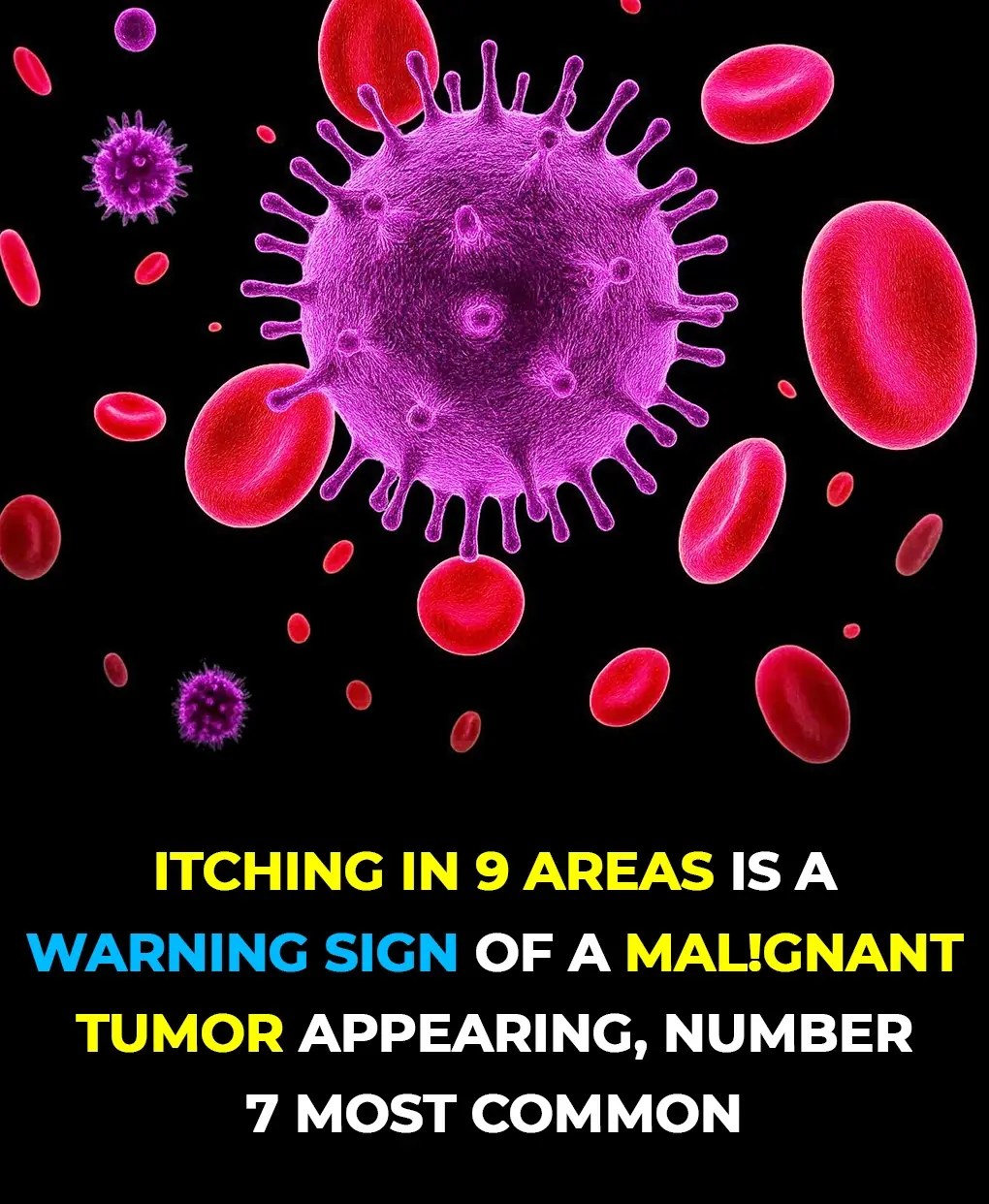
9 Areas Where Itching Could Signal Malignant Tumors — #7 Happens Most Often

The World’s Deadliest Food Kills 200 People Every Year — Yet 500 Million Still Eat It
Despite its deadly reputation, millions of people continue to eat this every day without issue.

Doctor Warns on TikTok: The Hidden Dangers of Kissing the Dying

Boosting Fertility: The Surprising Power of Lifestyle on Semen Quality and Reproductive Health
In many cases, the most effective solutions are already within reach—on your plate, in your daily habits, and in the way you manage your mental well-being.

3 Dangerous Habits of Husbands That Secretly Put Their Wives at Higher Risk of Cervical Cancer
Cervical cancer doesn’t just come from genetics or lifestyle — sometimes, it’s fueled by a husband’s hidden habits. These three common behaviors may seem harmless, but they silently put wives at serious risk if not stopped in time.

How many eggs should you eat a week?
News Post
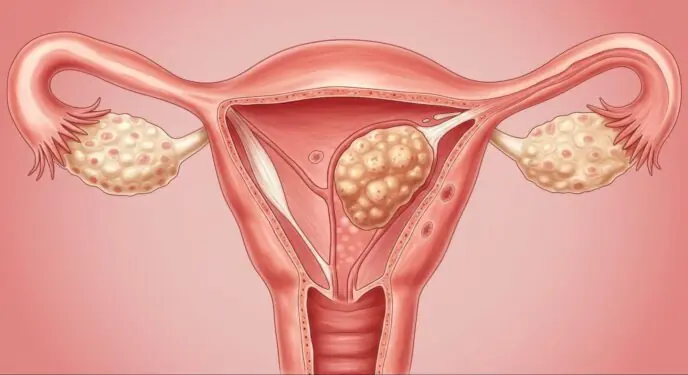
7 Warning Signs You May Have Uterine Fibroids

Parasite Cleanses: Do They Really Improve Your Gut Health — and Are They Safe?

8 Teas to Drink for a Healthier Body and Mind

The Hidden Truth About Tinnitus: Why That Ringing in Your Ears Shouldn’t Be Ignored
Over time, repeated noise trauma damages tiny hair cells inside the cochlea, which cannot regenerate, resulting in permanent hearing changes and tinnitus.

DIY Turmeric & Ginger Shots to Fight Inflammation, Boost Immunity & Soothe Your Gut

Coconut water: Is It Good for You, Nutrition, Benefits, Side Effects (Science Based)

Clean Arteries: 10 Foods to Eat Daily

10 Warning Signs of Parasites in Your Body

Diet and Uric Acid: Foods to Avoid for Gout Prevention

Hiker Encounters Massive Snake Camouflaged Along South Carolina Creek

8 Foods That Help Eliminate Cancer Cells

David Quammen, the COVID Predictor Warns of New Pandemic Threats

Natural Remedies to Address Skin Tags, Warts, and Blackheads

Tips for Selecting Fresh Pork at the Market

The Deficiency of These Vitamins Contributes to Panic Attacks

Researchers Find Higher Intelligence Is Correlated With Left-Wing Beliefs and Seems to Be Genetic
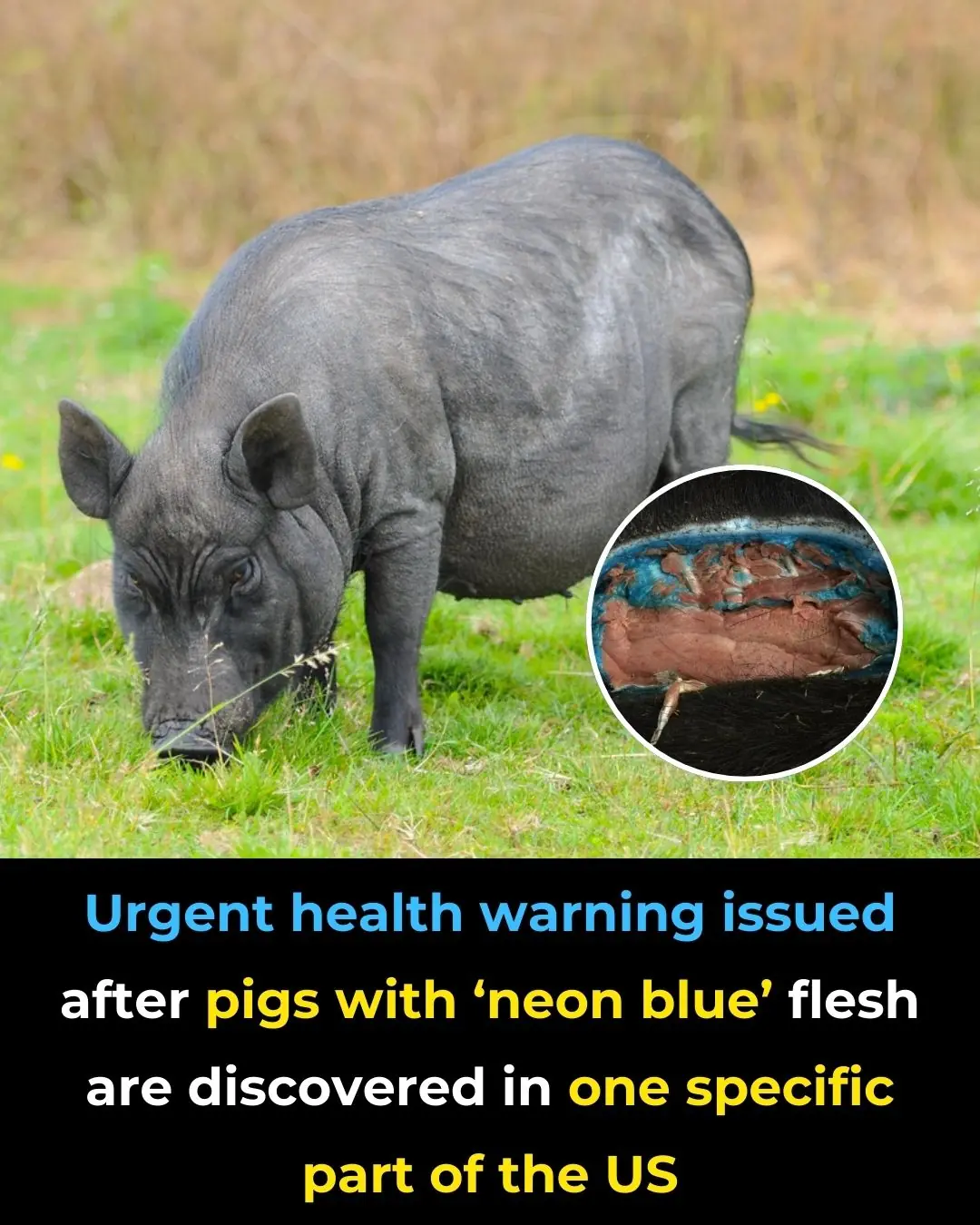
Urgent Health Warning Issued After Pigs With ‘Neon Blue’ Flesh Are Discovered in One Specific Part of the Us

What Your Legs Can’t Say, Your Vagina Can — The Truth About the Female Body Most People Don’t Know
